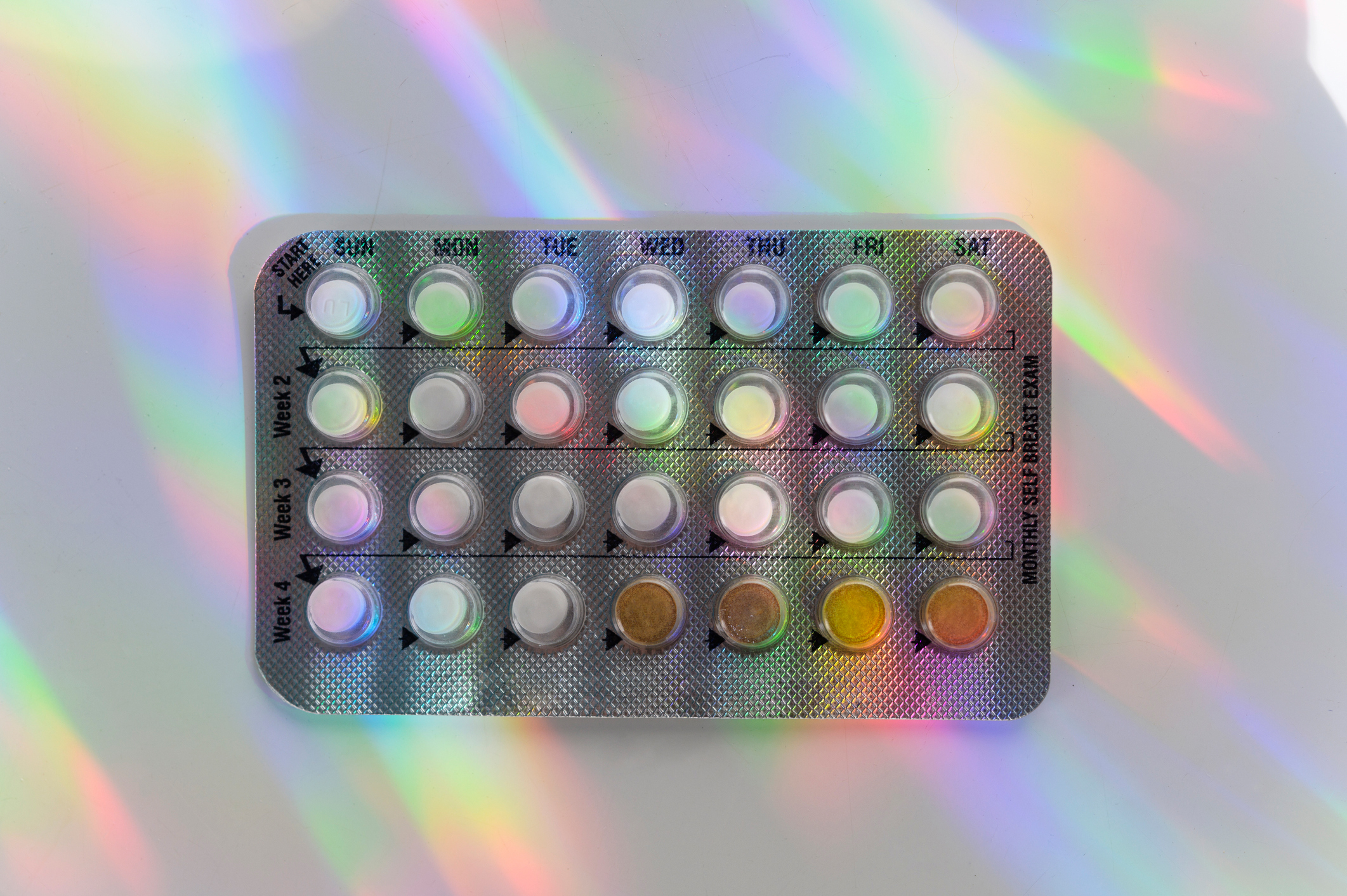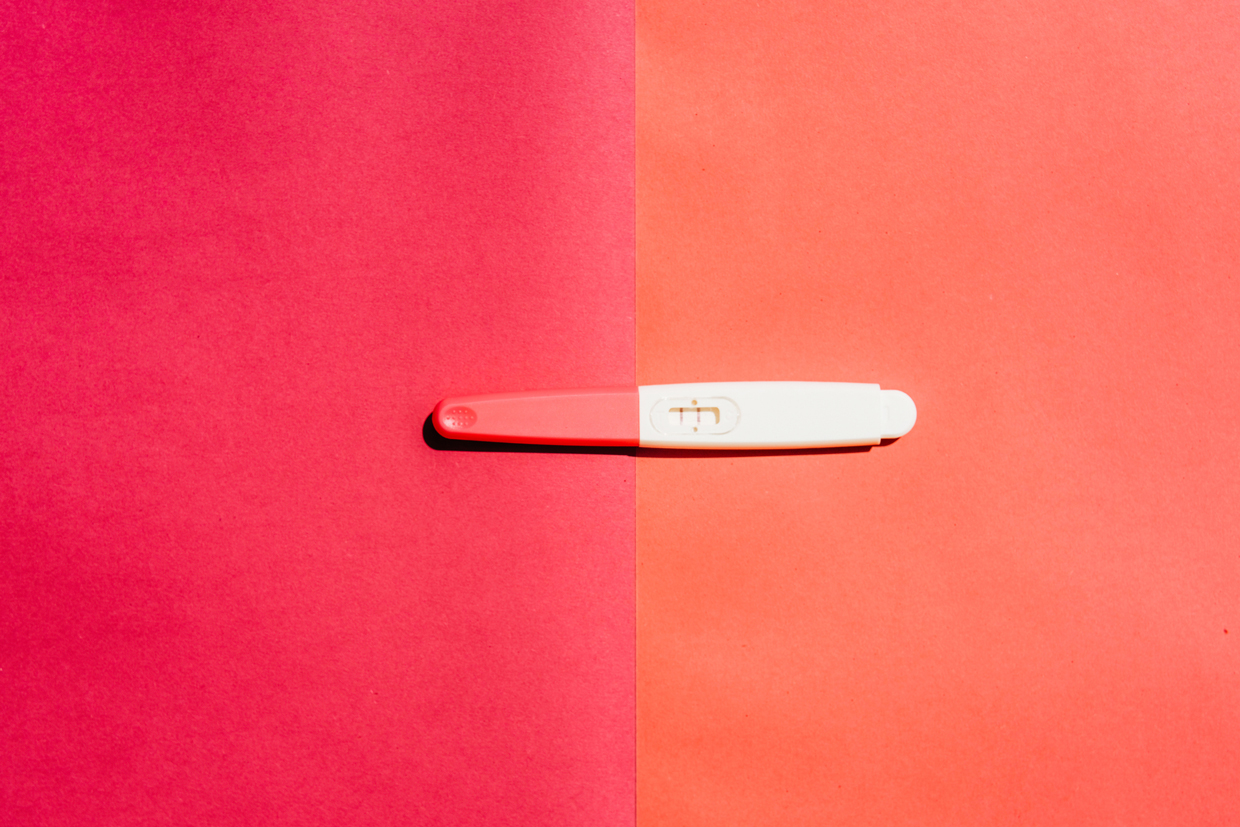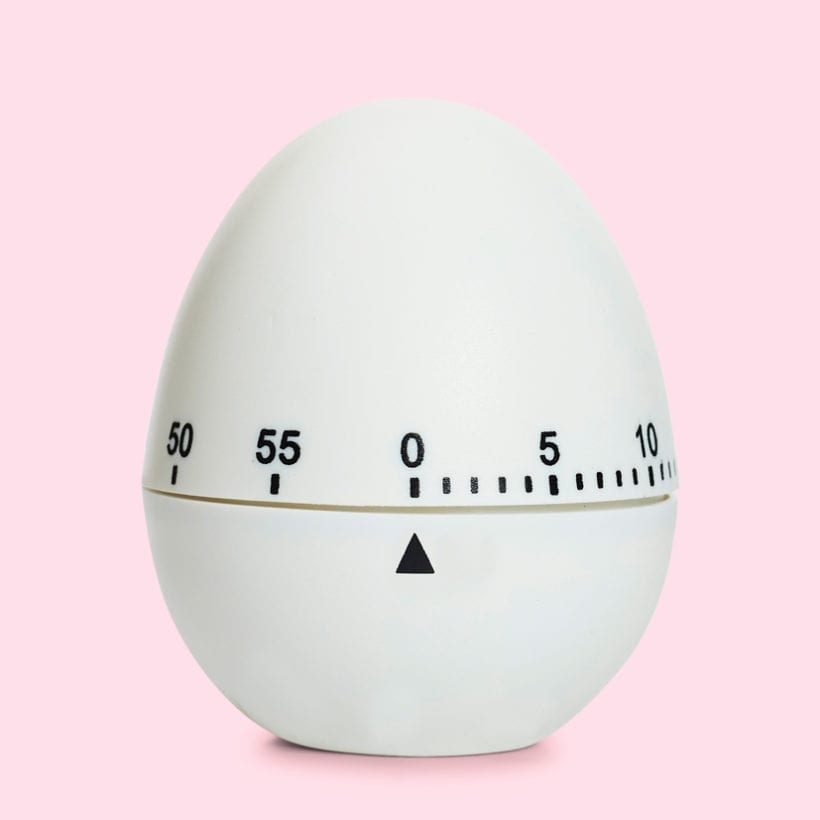Fertility hasn’t historically been very easy to talk about. For decades, it was taboo, rarely popping up in conversation outside of presumptuous advice to mind your biological clock, or among friends who were actively trying to conceive. But now — with the global fertility services market projected to hit $47.9 billion by 2030—it feels like ovaries are everywhere.
But who needs to talk about fertility, and when, still feels murky. Ideally, women and people with female sex organs should have access to the fertility conversation long before the idea of getting pregnant or freezing your eggs comes up. How, for example, is fertility related to my overall health? And when do I really need to start paying attention if I do want to get pregnant at some point?
Here are the basic fertility facts you should know to get the conversation started.
-
Age is everything
It’s 2021 and the outdated image of the ticking biological clock may have been replaced with subway adds urging women to freeze their eggs. But age is still everything — almost — when it comes to the conversation about fertility. “Age is by far the most important predictor of fertility,” says Dr. Sanaz Ghazal, co-founder and medical director of RISE Fertility. “Both the quantity and quality of a woman’s eggs decreases through her 30s, more rapidly after the age of 35 and even more so after age 40.” (More on how important egg quality vs. egg quantity is in a minute.) According to research by the American College of Obstetricians and Gynecologists, fertility “decreases gradually but significantly” starting at 32 and then hits a cliff at 37.
In terms of real world outcomes, that decline translates to a 20 percent chance of getting pregnant each cycle for a woman in her 30s. By 40, that chance drops to less than five percent, according to the American Society for Reproductive Medicine.
Those rates aren’t just relevant for getting pregnant the old fashioned way. Even with the help of fertility treatments, chances of getting pregnant drop off in your 30s, so if you think that might be in your future, it’s worth checking in with your doctor about sooner rather than later.

-
Quality over quantity
Okay so what do experts mean by egg quality and quantity?
The latter is pretty self-explanatory. Those assigned female at birth are born with a finite number of eggs — 1-2 million — which gradually die off. By puberty, there’s around 300,000-400,000 left, by 30, you’ll have an estimated 12 percent of the original supply, and by 40, research shows most women have 3% of their ovarian reserve left.
Here’s the good news: Egg quality, not quantity, is the most relevant factor when it comes to fertility. It only takes one good egg — meaning one that’s considered chromosomally normal — to get pregnant. (That’s partially why fertility treatments can be such a game changer — thanks to advancements in reproductive technology, doctors can hand select and test an egg.)
Egg quality also declines with age though — in fact, age is the single best predictor of egg quality. While egg quantity (aka your ovarian reserve) can be easily measured with a blood test called an Anti-Müllerian Hormone test, your age is the best indicator of the quality of your eggs.
-
Health matters

So yes, age is extremely important — the “most critical variable,” according to Dr. Ghazal — but it’s not the only factor that impacts fertility. Your overall health matters too. “Smoking is perhaps one of the most harmful things you can do for your fertility. Women who smoke are at higher risk of being infertile, smoking destroys egg quality, and smoking depletes your ovarian reserve faster than normal,” she explains.
Maintaining a healthy weight also factors in. A BMI that’s too high or too low can also cause problems with menstrual irregularities and infertility, Dr. Ghazal says. (But keep in mind, a “healthy” weight is relative and isn’t as simple as a number on the scale. If you’re concerned about this and how it might impact your fertility, talk to your doctor about it.) “Unlike age, both smoking and weight are modifiable factors, which means that by making changes to your lifestyle, you have the ability to improve your chances of getting pregnant and having a healthy pregnancy,” says Dr. Ghazal.
Finally, underlying conditions like polycystic ovary syndrome (PCOS) and endometriosis can also impact fertility. “PCOS can impact your fertility in several key ways. PCOS is a hormonal imbalance that can cause infrequent or irregular menstrual cycles and it is the most common cause of problems with ovulation, which is the release of an egg from the ovary,” explains Dr. Ghazal. (PCOS is also associated with metabolic risk factors like diabetes which can also impact fertility, she adds.)
Endometriosis, a disease which causes painful periods and scarring of the reproductive organs, can also impact your fertility. “Endometriotic cysts in the ovaries can affect the quality of your eggs and endometriosis has even been shown in some studies to affect the lining of the uterus, which can impair implantation,” says Dr. Ghazal. The scarring sometimes caused by endo can also “distort your reproductive anatomy making it difficult to get pregnant.”
-
The birth control factor
Your birth control of choice doesn’t technically impact your fertility (methods that prevent ovulation don’t prevent your ovarian reserve from diminishing as you get older) but it can impact how long it takes you to get pregnant. “With some methods of birth control, like the depo-provera shot, it can take longer for your menstrual cycles to go back to normal and for you to start ovulating again,” says Dr. Ghazal. “With most forms of birth control though, like the pill or an intrauterine device (IUD), your cycles should resume soon after stopping use.” If you’ve been off birth control for three months and still haven’t had a period, check in with your doctor.

-
It takes two
So, where exactly do men fit into this? “Infertility is hardly just a ‘woman’s problem,’” says Dr. Ghazal, despite the fact that most of the fertility conversation — and evaluation — focuses on women. “Male infertility is the primary factor in about 20-30 percent of couples who are struggling to get pregnant and a contributing factor in another 20-30 percent of cases,” Dr. Ghazal says. In other words, assessing the quality of sperm is just as important as assessing quality and quantity of eggs when it comes to fertility.
-
Knowledge is power
Talking about fertility — with your friends, with your partner, with your doctor — gives you options. Like fertility testing, which is more accessible than ever thanks to the rise of at-home fertility testing companies which can shed some light on your ovarian reserve and other indicators of fertility. “While age is the most important factor in a woman’s fertility and egg quality, fertility testing can be useful when trying to decide whether egg freezing is right for you,” says Dr. Ghazal. “Information is power and the more you understand about your body and reproductive health, the better equipped you will be to make the best decisions with respect to your fertility and family-building goals.”
We only recommend products we have independently researched, tested, and loved. If you purchase a product found through our links, Sunday Edit may earn an affiliate commission.









